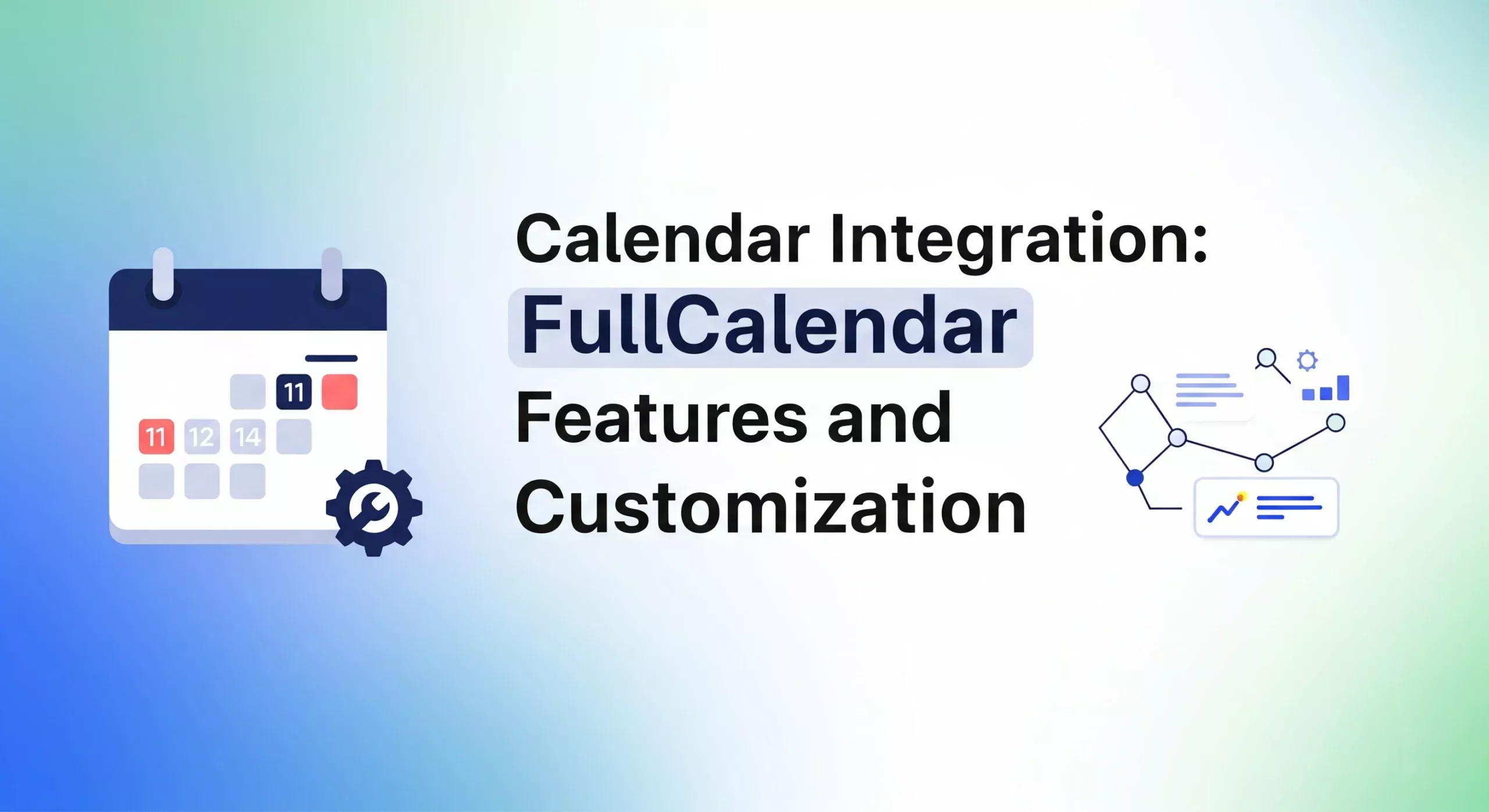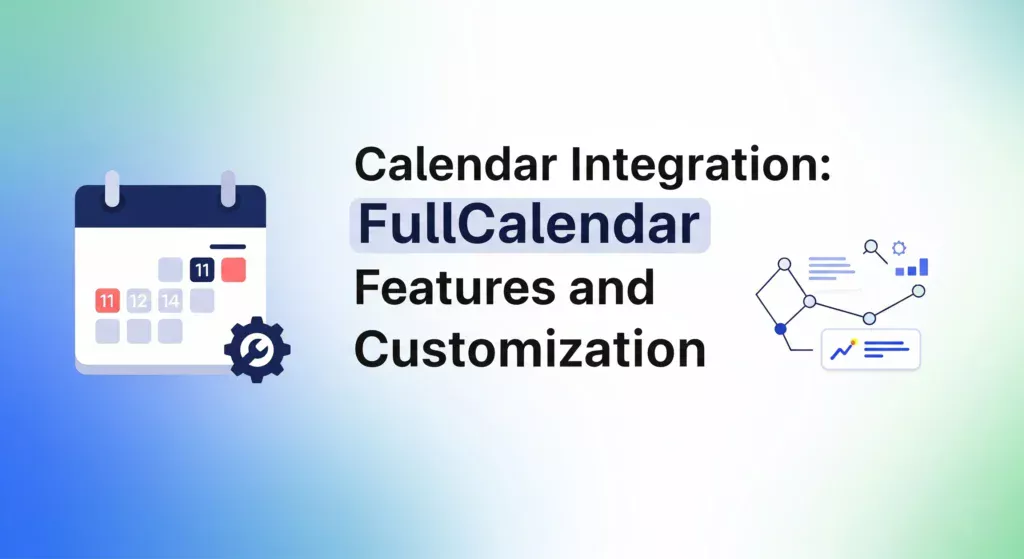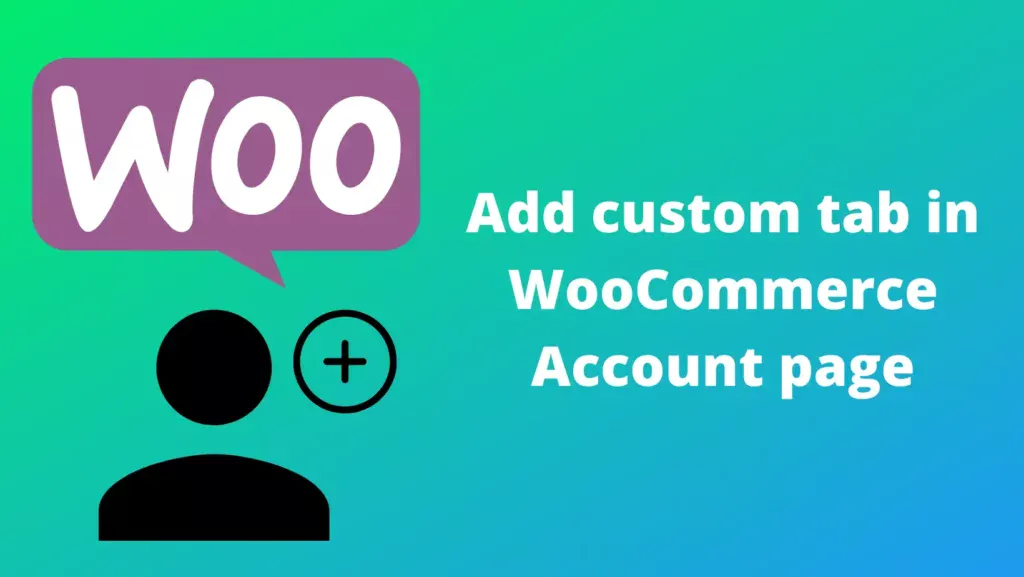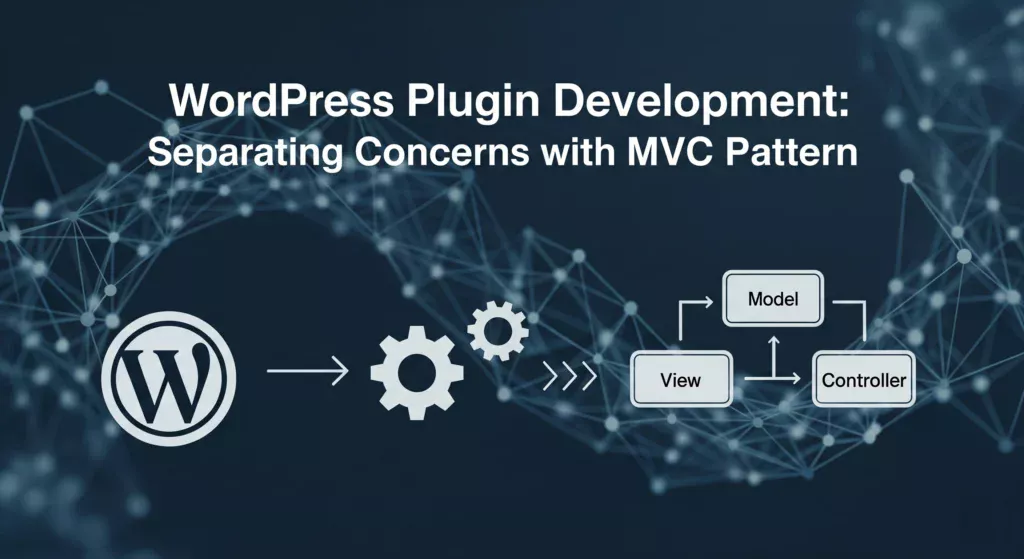Introduction
Calendars are a critical part of modern applications, especially in scheduling systems, booking platforms, and event management tools. For WordPress developers and web app builders, FullCalendar has become the go-to solution because of its flexibility, customization options, and rich feature set.
In this guide, we’ll explore the key features of FullCalendar, how to integrate it into your project, and different ways to customize it to fit your unique requirements.
What is FullCalendar?
FullCalendar is a popular open-source JavaScript calendar library that provides a full-sized, drag-and-drop event calendar. It’s widely used in booking systems, CRM dashboards, project management tools, and WordPress plugins like BookWP.
With FullCalendar, you get:
- A responsive calendar UI
- Multiple view options (month, week, day, list)
- Drag-and-drop event management
- AJAX support for dynamic event loading
- Timezone and localization support
Key Features of FullCalendar
1. Multiple Views
- Month view for big-picture planning
- Week and Day views for detailed scheduling
- List view for a clean agenda-style display
2. Event Management
- Drag-and-drop to move events
- Resize events to adjust time duration
- Click handlers for adding/editing events
3. Data Integration
- Supports JSON feeds for dynamic events
- Works with AJAX calls for real-time updates
- Can be connected with Google Calendar or iCal feeds
4. Customizable Appearance
- Custom themes and styling with CSS
- Event colors based on categories or status
- Tooltip and popover integration for extra details
5. Advanced Functionality
- Recurring events
- Timezone support
- Resource management (for staff, rooms, or equipment)
- RTL support for global use
Integrating FullCalendar
Step 1: Installation
You can install FullCalendar via npm or include it directly from a CDN:
<link href="https://cdn.jsdelivr.net/npm/fullcalendar@6.1.8/main.min.css" rel="stylesheet">
<script src="https://cdn.jsdelivr.net/npm/fullcalendar@6.1.8/main.min.js"></script>
Step 2: Basic Setup
<div id="calendar"></div>
<script>
document.addEventListener('DOMContentLoaded', function() {
var calendarEl = document.getElementById('calendar');
var calendar = new FullCalendar.Calendar(calendarEl, {
initialView: 'dayGridMonth',
events: [
{ title: 'Meeting', start: '2025-09-01' },
{ title: 'Conference', start: '2025-09-05', end: '2025-09-07' }
]
});
calendar.render();
});
</script>
Customizing FullCalendar
1. Custom Event Rendering
You can control how events appear using the eventContent callback:
eventContent: function(arg) {
return {
html: `<div class="custom-event">
<strong>${arg.event.title}</strong><br/>
<small>${arg.timeText}</small>
</div>`
};
}
2. Styling with CSS
.fc .custom-event {
background: #4f46e5;
color: white;
padding: 4px;
border-radius: 6px;
}
3. AJAX Events
Load events dynamically from your server:
events: '/api/get-events.php'
4. Google Calendar Integration
eventSources: [
{
googleCalendarId: 'your_calendar_id@group.calendar.google.com',
className: 'gcal-event'
}
]
Advanced Customization
- Recurring Events: Use RRULE or plugins to handle repeating schedules.
- Resource Scheduler: Perfect for booking systems (e.g., assigning staff/rooms).
- Timezone Handling: Ensure events align globally by configuring
timeZone. - Interactive Callbacks: Customize
eventClick,eventDrop,eventResizefor user interactions.
Best Practices for FullCalendar Integration
- Lazy Load Events – Use AJAX to fetch only the events needed for the current view.
- Cache Data – Avoid repeated server calls for the same date range.
- Accessibility – Provide tooltips and accessible labels.
- Security – Validate and sanitize event data on the server side.
- Performance – Minimize CSS/JS overrides by leveraging built-in settings.
Conclusion
FullCalendar is much more than a simple calendar—it’s a powerful scheduling engine that can be tailored for everything from personal planners to enterprise-level booking systems. By leveraging its built-in features and customization options, you can build an interactive, scalable, and user-friendly calendar experience.
Whether you’re working on a WordPress booking plugin like BookWP, a SaaS dashboard, or a corporate event manager, FullCalendar gives you the flexibility and reliability you need.
Start simple with basic events, and gradually introduce advanced features like resource scheduling, recurring events, and integrations.




